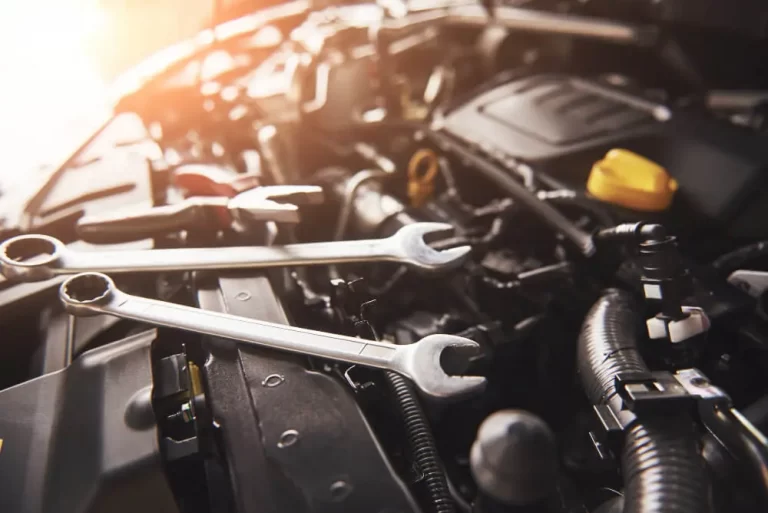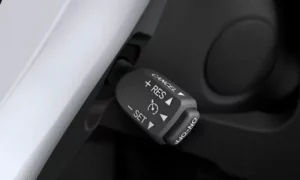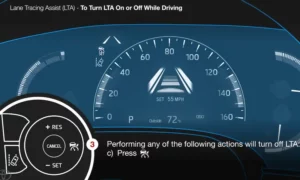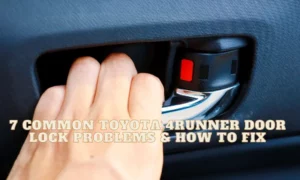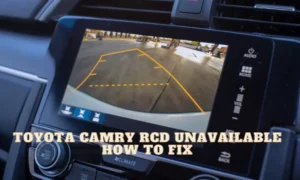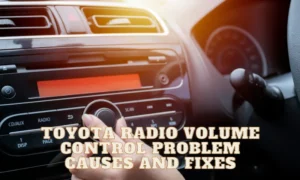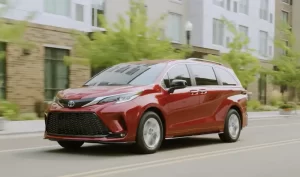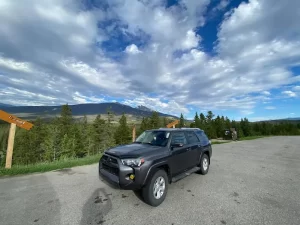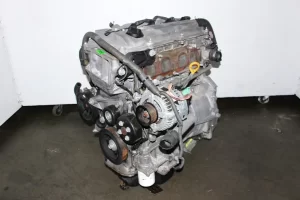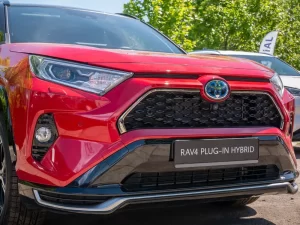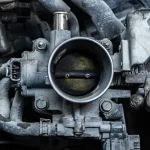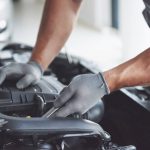Skidding out of control on the freeway is every driver’s worst nightmare. If you notice that your braking power is low, there could be a leak in one of the brake pipes. Get your brakes fixed as soon as possible to avoid crashing and injuring yourself or others.
Why is my Toyota’s braking power low and how can it be fixed?
Low braking power is not an issue that drivers want. When a Toyota vehicle has low braking power, it takes longer for the brakes to react when the driver pushes down on the pedal.
The brakes will not stop the vehicle, and the driver will crash into the bumper of the car in front of them. They could accidentally run someone over since they don’t have the same braking power to stop in the nick of time.
A number of issues could affect your brakes and cause low braking power. Some of these issues are:
● The brake lines are clogged – Debris and dirt sometimes get into the brake hose lines.
Luckily, all you need to do is flush out all of the old fluid and replace it with new fluid and the impurities should go with it.
● There is air in the brake lines – there’s an easy way to tell if the air is in the brake lines. Gently squeeze the lines between your thumb and forefinger. If the lines are malleable and they feel soft and not rigid, then you will know there is air in the system.
Just like the clogged brake lines above, just flush out the old brake fluid to remove the air. Then, you can either put the old food that can, or you can replace it with new fluid.
● Issues with the master cylinder – When you use your brakes, the hydraulic system produces hydraulic pressure, which causes the brakes to stop the car. There’s a device called a master cylinder that generates this pressure. If the master cylinder is damaged or old, it will not be able to create the same amount of pressure and brake fluid leak out of it.
You will have to replace it. The average master cylinder costs $400 to $550.
● An ECM glitch – The ECM or the Electronic Control Module is a system within a Toyota vehicle that controls the braking system. It will either lower or raise the braking power in tandem with how hard or soft the driver presses down on the brakes.
Sometimes, the ECM module glitches out in malfunctions. In order to fix this, a mechanic will have to restart the computer system along with the ECM
● There is a leak in the hydraulic system (more below)
Beware: leak in the hydraulic system
One reason that is far more dangerous than all of the other issues and that is not enough braking fluid in the hydraulic system. Leaking brake fluid is no laughing joke or light issue. A braking fluid leak is a worst-case scenario.
You need to contact a mechanic that you trust and tell them to pick up the vehicle. If the size of the hole that the braking fluid is leaking out of is small, you may not notice your vehicle losing braking power for a few days.
In any case, any vehicle that has breaking fluid leaking out of its pipes should not be on the road. It is extremely dangerous, and, at some point, the brakes will not work at all.
By driving a vehicle that is leaking brake fluid, you are not only putting yourself in danger, but you are also putting other drivers and pedestrians in danger.
What are some other braking issues that you should have checked out?
Since you are at the mechanic already, you should ask them to check out the rest of your braking system and see if there are other issues developing.
Have them check the brake pads, the vehicle’s alignment, and empty out the braking fluid and replace it with brand new fluid.
If you haven’t had your car service in a while, then it is likely that they will probably tell you it is time for your brake pads to be replaced. Brake pads need to be replaced every 4,000 to 7000 miles.
How to care for your Toyota vehicle’s brakes and braking system
Now that you have taken your vehicle to the mechanic and they have fixed the leak and checked over the rest of your vehicle’s braking system, you should know how to properly care for your brakes.
Brake pads – As we mentioned above, you should have your brake pads replaced every 4,000 7,000 miles.
When you pass down on the brakes, you activate the brake pads, and they will apply pressure to each rotor that is connected to each wheel.
As they press down on the rotor, it will stop moving and the wheels will slow. This is how you slow down a vehicle when you come to a stop.
If you wait far too long to replace your brake pads, the pads could wear out and it will not be able to slow down the rotor, which in turn will not be able to slow the tires.
Flush the brake fluid every 25,000 miles – braking fluid is a special type of fluid designed to work inside a vehicle’s hydraulic system. One characteristic of braking fluid is that it attracts moisture.
If there is too much moisture in the hydraulic system, it can corrode the metal parts of the system and the stopping power of the brakes will not be as powerful.
Change the brake fluid every 25,000 miles to keep the fluid fresh and moisture-free. If the brake fluids are milky or cloudy, then change the fluid, regardless of mileage.
Conclusion
It is important to take care of your brakes and have them checked when the manufacturer recommends. If you notice your brakes are not as strong as they used to be, there could be an issue in the hydraulic system. If you see a leak, do not drive your car anywhere.
Call the mechanic and they will come to pick up your car. If you don’t fix the leak in the hydraulic system, sooner or later you will not have any braking power at all.

